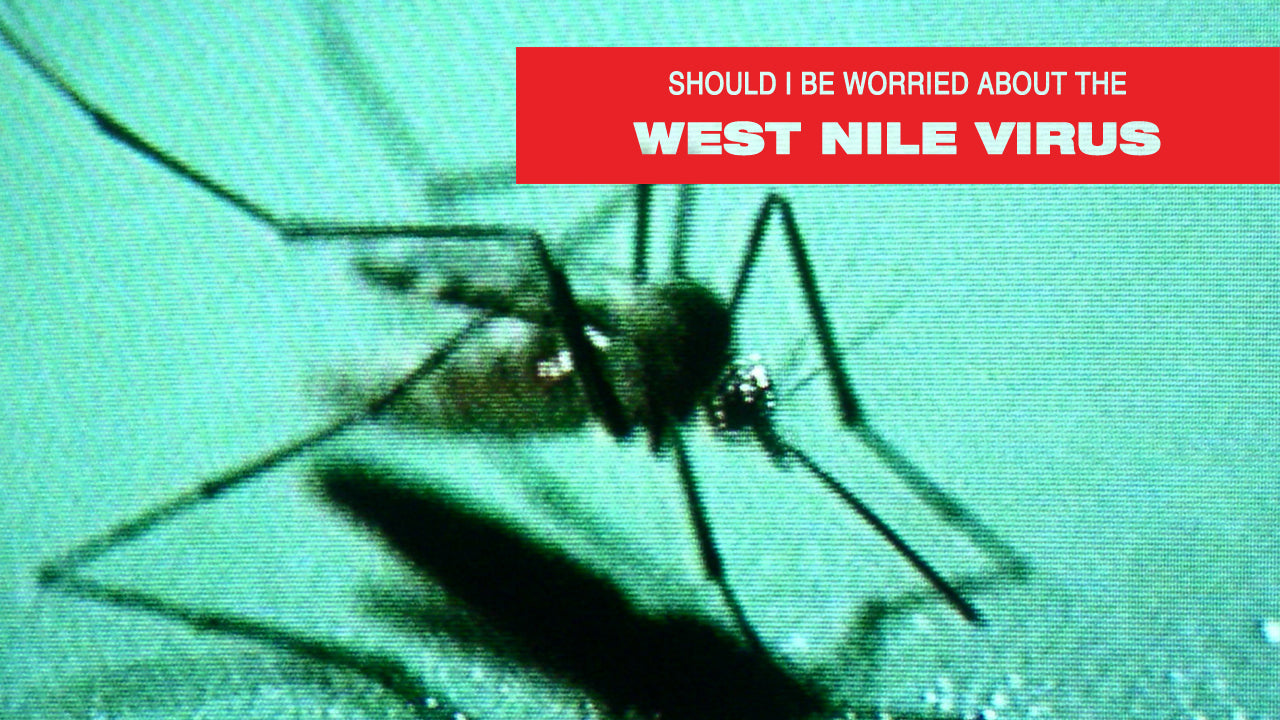What is West Nile Virus?
West Nile Virus is biologically a single-stranded RNA virus. It can cause neurological disease and death. People usually contract the virus by a bite from an infected mosquito. Though, approximately 80% of people who are infected don’t show any symptoms.
The virus is usually maintained in a cycle in nature between birds and mosquitoes. Yet, sometimes it can be transmitted to humans, horses, and other mammals. There are vaccines for infected horses but none for people.
What are the Symptoms of West Nile Virus?
About 1 out of 5 people develop mild symptoms like fever, also called the West Nile fever. Other common symptoms include headache, body aches, fatigue, skin rash, vomiting, and diarrhea.
In rare cases, the infected person may develop a severe neurological infection like inflammation of the brain or other membranes surrounding the brain and/or spine. Signs of these infections may include severe headache, high fever, disorientation, tremors, seizures, partial paralysis, or even coma.
Signs of mild fever only last a few days, but that of serious infection may stay for weeks or even months. Some of the neurological effects can also be permanent.
How Does West Nile Virus Spread?
The West Nile Virus generally spreads through infected mosquitoes. Mosquitoes may contract the virus from an infected bird.
The virus doesn’t spread from person to person unless it involves organ transplantation and/or blood transfusion. Moreover, you won’t catch the virus by an infected animal or spread the infection to an animal.
These infections occur during warm seasons. Signs and symptoms usually show within 2 to 14 days.
Affected Regions in the United States
Numbers by CDC show the highest number of cases of West Nile Virus were reported by Arizona (174), California (214), Colorado (121), Nevada (44), and New Mexico (40). Even so, the only states that have had no incidents of the WNV are Hawaii and Alaska.
How Many Cases in the United States in 2019?
According to the numbers published by CDC on 7 January 2020, 47 states and the District of Columbia have reported 917 cases of West Nile Virus infections in people. Six hundred seven cases were classified as neuroinvasive, and the rest were classified as non-neuroinvasive.
How to Avoid West Nile Virus and Protect Yourself
The most effective way to prevent WNV and other mosquito-borne diseases is to eliminate any standing water on the property and avoid any exposure to mosquitoes.
Other steps to eliminate mosquitoes include-
- Make sure to unclog roof gutters.
- Empty the unused swimming pools or empty the standing water from pool covers.
- Regularly change the water in birdbaths and/or pet bowls.
- Get rid of old tires or any other unused container that can hold water.
- Avoid any unnecessary outdoor activity, especially at times when mosquitoes are most prevalent (i.e., dawn, dusk or early evening)
- Always wear long sleeves and long pants when going out.
- Apply mosquito repellent and choose the concentration based on the need for protection and, as suggested by the directions on the package. Pay special attention to instructions when applying to children.
To learn more, you can follow our guide on how to eliminate mosquitoes in your backyard.
Should I See a Doctor?
It’s common for the mild symptoms of West Nile fever to subside on their own.
However, if you show signs of a serious infection, i.e. severe headaches, stiff neck, disorientation, you should seek immediate medical attention. Severe infection typically requires hospitalization.
For more information on other mosquito borne diseases and illnesses, read our guide about other common mosquito-borne diseases in the United States.











